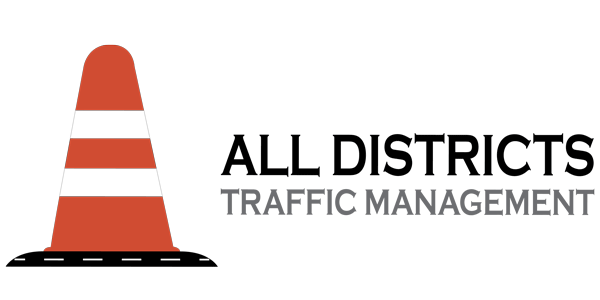As cities continue to grow, the need for effective traffic management becomes increasingly important. Traffic congestion, accidents, and pollution are all major concerns that can impact the quality of life for residents. However, with advances in technology, there is hope that traffic management can become safer and more efficient than ever before.
One promising technology for traffic management is artificial intelligence (AI). By analyzing traffic data in real-time, AI systems can adjust traffic signals and traffic flow to prevent congestion and reduce the risk of accidents. AI systems can also monitor traffic patterns to identify problem areas and suggest solutions to improve traffic flow.
Another area where AI can be useful is in predicting traffic patterns. By analyzing historical traffic data, AI systems can predict traffic patterns and adjust traffic signals and flow accordingly. This can help reduce congestion and improve safety on our roads.
AI can also be used to optimize public transportation systems, such as buses and trains. By analyzing passenger data and traffic patterns, AI systems can suggest optimal routes and schedules to improve efficiency and reduce congestion.
While there are still some challenges to overcome, such as data privacy and ethical concerns, the potential benefits of using AI in traffic management are significant. By improving safety and efficiency, AI can help make our cities more livable and sustainable for everyone.
In conclusion, the future of traffic management looks promising with the use of AI. By leveraging the power of technology, we can create safer and more efficient roads for everyone. While there are still challenges to overcome, the potential benefits are too significant to ignore. As cities continue to grow and evolve, we must embrace new technologies to ensure that our roads are safe and efficient for all.

